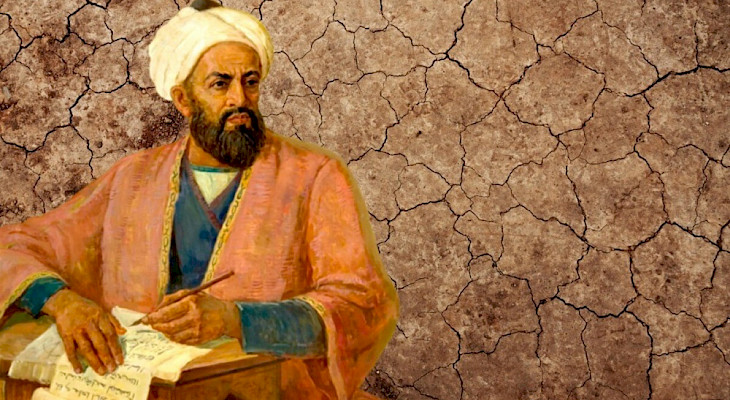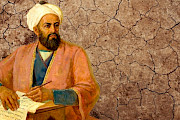The Ministry of Culture of Tajikistan has officially responded to a recent CNN publication in which Abu Ali ibn Sina (Avicenna) was mistakenly referred to as an Uzbek scholar. During a press conference on January 27, Tajik Minister of Culture Matlubakhon Sattoriyon stated that the article contains significant distortions of historical facts, reports Avesta.tj.
The claims presented in the CNN article lack historical basis and represent erroneous interpretations that disregard authoritative historical sources, the Tajik minister emphasized. "This is not the official stance of a neighboring country but rather baseless statements that may lead to misunderstandings," Sattoriyon said, adding that such actions require a firm response, albeit within the framework of diplomatic etiquette.

The minister underlined that Abu Ali ibn Sina is an outstanding scholar and cultural figure whose legacy holds international significance and undoubtedly belongs to all of humanity rather than any one nation. “His scientific contributions and philosophical works have received worldwide recognition and have been an integral part of Tajik and global science for centuries,” she added.
Matlubakhon Sattoriyon also expressed confidence that Tajik scholars and researchers, with their profound knowledge of history and culture, can provide a scientifically grounded response to those attempting to claim the nation’s cultural and scientific heritage. She emphasized the importance of an objective approach to historical figures and cautioned international media outlets to thoroughly fact-check materials concerning historical facts.
In conclusion, the Tajik Minister of Culture called on all interested parties to respect historical truth and adhere to high standards when publishing information that impacts national identity and international relations.
Avicenna (Abu Ali ibn Sina) (born in 980 CE near Bukhara) was a Muslim philosopher, polymath, and physician. By the age of 16, Avicenna had become a renowned doctor, successfully treating the emir of Bukhara. From 1012 onward, he moved to the Iranian region of Khorasan and lived for extended periods in Hamadan. There, he treated Emir Shams al-Dawla, gained his trust, and was appointed to a high-ranking official position. Avicenna actively participated in the emirate’s state affairs and advised the emir on defense matters.
Avicenna left behind significant works in medicine, logic, philosophy, mathematics, metaphysics, astronomy, music, botany, zoology, mineralogy, and religious education. In total, he authored 450 works across 29 scientific fields.
In medicine, Avicenna wrote over 50 works, 30 of which have survived. His most notable contribution is The Canon of Medicine, a five-volume masterpiece. In this work, he synthesized the knowledge of ancient physicians and enriched it with advancements in Arab medicine.
Avicenna passed away in June 1037 at the age of 57. In his will, the scholar instructed that his slaves be freed and his possessions distributed to the poor.
CentralasianLIGHT.org
January 27, 2025




